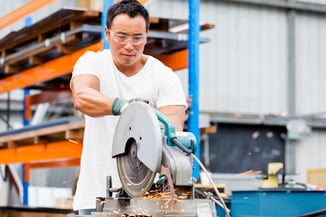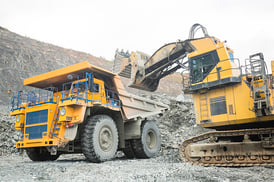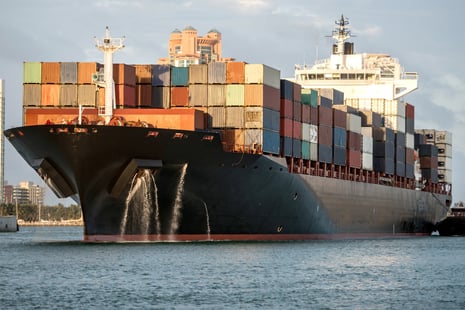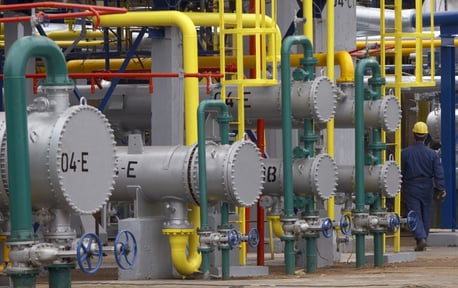
The restaurant industry has certainly been one of the top business segments to suffer during the COVID-19 pandemic over the last six months, with indoor dining options still not allowed in certain locations and most others facing limited capacity with stringent and costly guidelines to adhere to.
If you are a restaurant owner thinking of selling or are considering investing in one knowing the market will eventually open up again, you will need to make a sound decision armed with as much ammunition as possible. Part of your arsenal should include a current market appraisal of the furniture, fixtures and equipment, commonly referred to as FF&E.
An accredited ASA (American Society of Appraisers) appraiser will provide a detailed valuation including the kitchen equipment, bar and seating area assets and any other supporting tangible items involved in the day to day running of the restaurant. An appraisal can be completed as an on-site visual inspection of the equipment or as a “desktop” valuation based on the descriptions and photographs you provide to the appraiser.
Whichever direction you’re heading, Equipment Appraisal Services can assist you in the process and provide an independent opinion of value which can help form a realistic purchase or sale price for the business, and support the information needed to potential investors, financial institutions, insurance companies and other parties involved in the project. Our experienced, accredited appraisers have been completing these types of fully researched valuations for decades and have the depth of knowledge and experience to meet the demand of today's challenging market.





